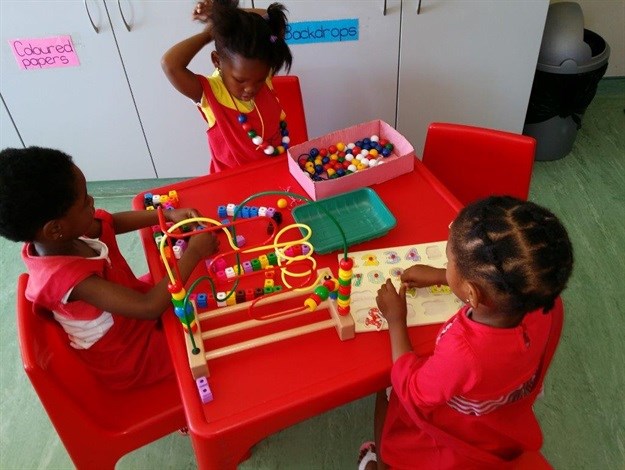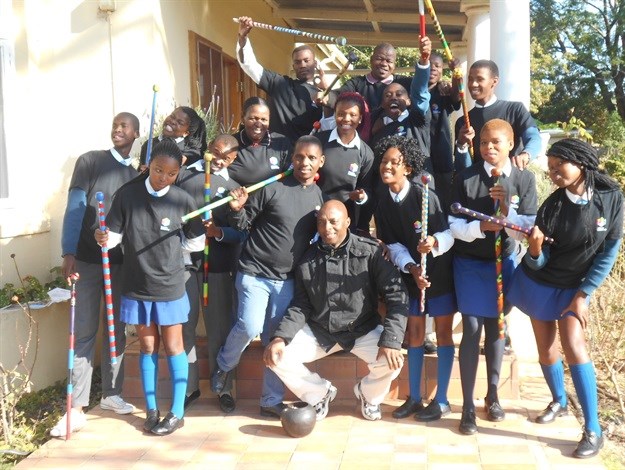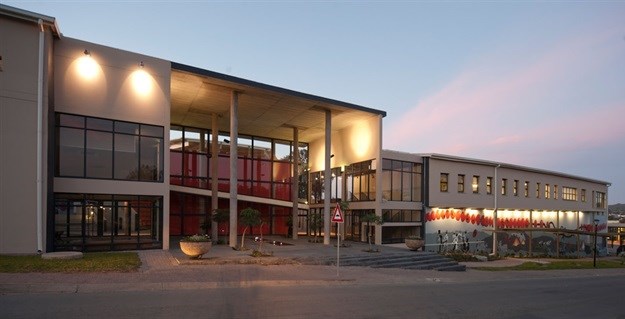
Top stories






More news














The Sun International CEO SleepOut, driven by social enterprise The Philanthropic Collection, sees business leaders spend a night on the streets, raising funds and gaining empathy for the homeless. The CEO SleepOut is the main fundraising event presented by the SleepOut Movement, which is sustained through projects throughout the year. Since its inception in 2015, it has awarded over R34m to beneficiary partners, selected because of their work within one, or more, of the five pillars required to integrate vulnerable communities back into society; shelter, healthcare, education, nutrition, and community.
In 2016, the focus was on education, as a vital means to eradicating homelessness for future generations. R20,198,982 (as audited by BDO) was collected through the 2016 event. The primary beneficiary partners, The ASHA Trust, Columba Leadership, and The Steve Biko Foundation – all of which focus on education and early childhood development – were awarded donations of R3m each in December 2016.
Satellite and secondary beneficiaries, which include all the beneficiaries from the School and Sympathy SleepOut events, the Empathy 1World book launch, and other non-financial beneficiaries of The 2016 CEO SleepOut event, received goods valued at R3.78m.
The remaining funds were used in costs of the CEO SleepOut Movement, including ongoing accountability of beneficiary allocation and spend, with a portion set aside for the 2016/2017 projects, and sustainability of the CEO SleepOut Movement which, in 2016, has a social return on investment exceeding 1:4.
Funds awarded by The 2016 CEO SleepOut are to be used in specific legacy projects, outlined by the primary beneficiary partners.

The ASHA Trust provides relevant training and mentoring that empowers informal crèche owners and ECD practitioners to provide safe and stimulating places of care.
Allocation of funds: Funds will be used to facilitate the following four projects that will build organisational capacity and financial sustainability:
Organisational capacity building: R540,000
The ASHA Trust works with women in poorer townships, to develop their knowledge and skills to be able to deliver quality early childhood care and to run sustainable early childhood development (ECD) centres.
As most existing training materials are inaccessible for many of these women, the organisation has developed its own effective training continuum and manuals in line with the requirements of the ETDP SETA. ASHA will now be working more closely with the SETA to develop a new entry-level, ECD national curriculum. An additional senior staff member will be recruited to take this project forward.
New training programmes: R750,000
Work was done in 2014 on ASHA’s existing training programmes that met the ‘entry level’ ECD practitioner training curricula of the time. The content of these will be used as reference for a materials development project to bring ASHA’s manuals in line with the new QCTO ECD qualification.
Geographical expansion: R366,986 (North West) and R593,000 (Western Cape)
ASHA currently operates in only Gauteng and Mpumalanga. In order to have a greater influence in improving practice at ECD sites, the organisation aims to establish a national footprint. During 2017 ASHA will consolidate its position in Mpumalanga, and expand into two more provinces; North West in the Meriting district, and the winelands of the Western Cape.
North West: The plan is to establish an initial project with 20–30 crèches while seeking additional funding to extend the programme to other areas.
Western Cape ASHA: 23 ECD sites have been identified which cater for approximately 700 children between the ages of 0–6 years.
Sustainability Fund: R750,000 to existing Sustainability Fund
There exists a ring-fenced sustainability fund for ASHA Trust, separate to all operating activities and expenses.
Build an income stream from the fund that can run ASHA’s operations, removing, or at least lessening, reliance upon donors.
Be a source of savings to ensure sustainability of the organisation in the unlikely event of it being financially overwhelmed by an unforeseen event.

Columba Leadership offers a values-based leadership programme in secondary schools that catalyses a movement of engaged young leaders, transforming learners from economically disadvantaged areas into responsible, socially conscious leaders and employable, enterprising young people.
Leadership programmes: R300,000 per school (R900,000 for three schools)*
Columba Leadership will use the funds to commit to executing its Leadership Programme in three schools in Kwa-Zulu Natal over three years. Two of these academies will be run in February 2017.
(*Inflated at 6% pa for illustrative purposes: approx. R2.88m for three schools for three years.)
Dedicated Training Facility: R120,000
R120,000 will contribute to the building of a dedicated residential facility, for Columba Leadership to host the residential component of their leadership programme, at the Nirox Sculpture Park.
The Steve Biko Foundation

The Steve Biko Foundation (SBF) is a community development organisation inspired by the legacy of the late anti-apartheid activist. Its vision is to be the premier independent promoter of the values that Steve Biko lived and died for: restoring people to their true humanity. Recognising the link between economic realities and human dignity, SBF seeks to empower individuals and communities through education and training initiatives in order to develop sustainable livelihoods.
Funds will be used to facilitate the following four programmes at the Steve Biko Centre in the King William’s Town region of the Eastern Cape:
Youth Dialogues: R140,000
During 2017, the foundation will conduct a series of five Youth Dialogues focusing on local and global socio-economic issues. There will be approximately 500 Youth Dialogue participants and 300,000 youths reached through broadcast.
Abelusi Arts & Culture Training: R129,500
Abelusi Performing Arts Corps was founded in 2010. Through experiential learning and traditional training methods, the intervention targets out-of-school youth in King William’s Town, offering young, emerging artists exposure to global trends as well as the core skills required to be self-reliant practitioners. A portion of funds will be allocated toward accrediting the Abelusi curriculum.
A vibrant outreach program that utilises the foundation’s original productions, Abelusi’s facilitation skills and educational materials support learning in classrooms, community groups and institutions such as correctional facilities. Ten Abelusi will be trained and 3,000 community members will benefit from training and performances.
The Business Incubator, Enterprise Development Training: R592,000
Funds from the 2016 CEO SleepOut will also support The Business Incubator (TBI), which addresses the needs of small, micro and medium enterprises as well as those of aspiring entrepreneurs, by offering advisory services, company registrations, access to information via a designated computer lab, and training and skills development. Approximately 1,500 people will be served by The Business Incubator.
Education through the Library and Educational Resources Centre: R700,000
The 2016 CEO SleepOut funds will also support the Library and Educational Resources Centre (LERC), which is designed to promote a culture of life-long learning. The specific components that will be supported are: The Main Library and Archive; The Community Media Centre; The Satellite Community Learning Centre.
The remaining R273,000 will be used for administration costs.